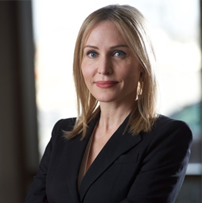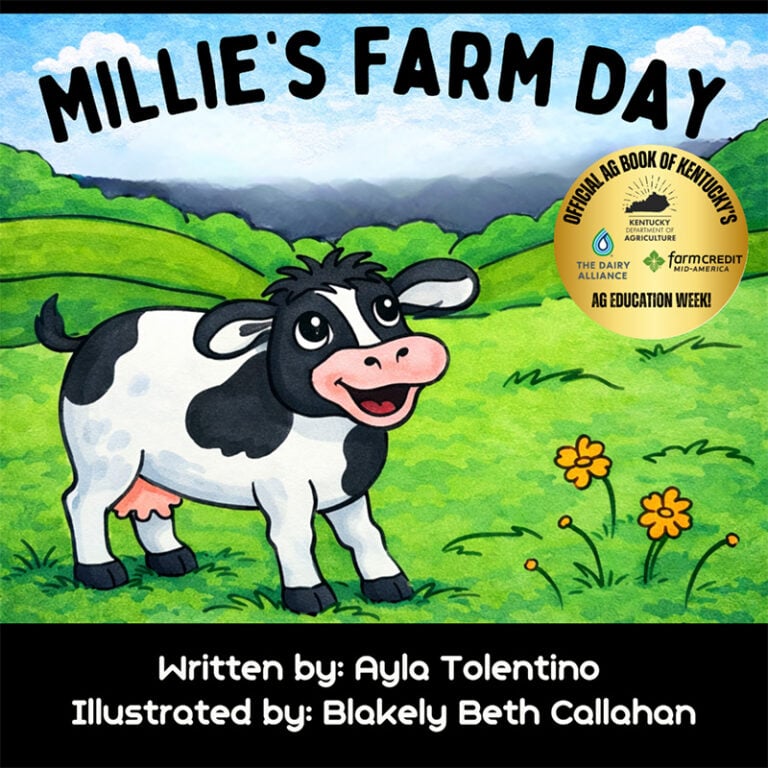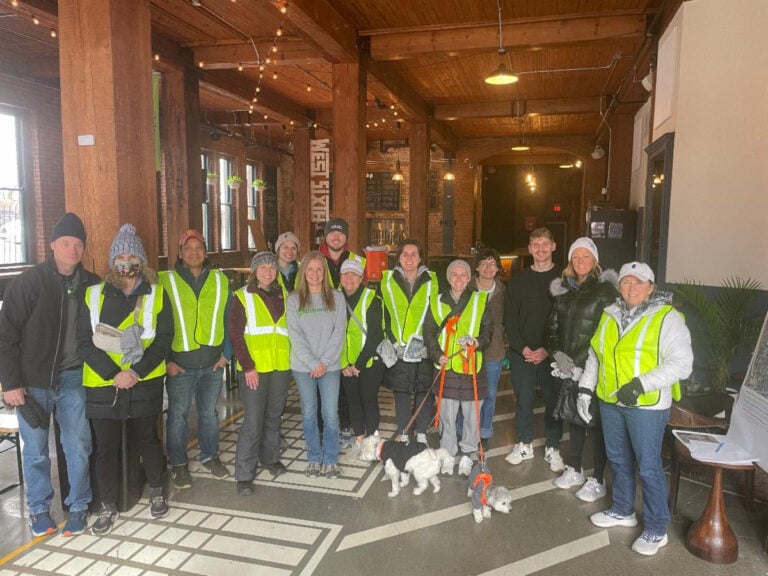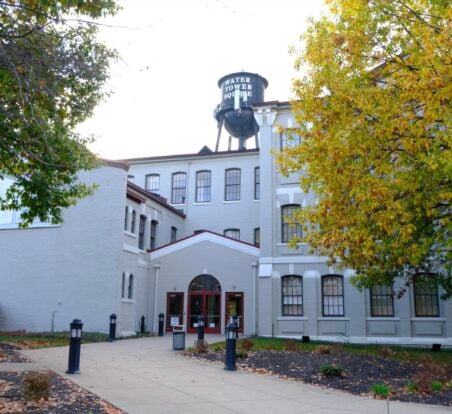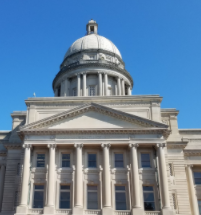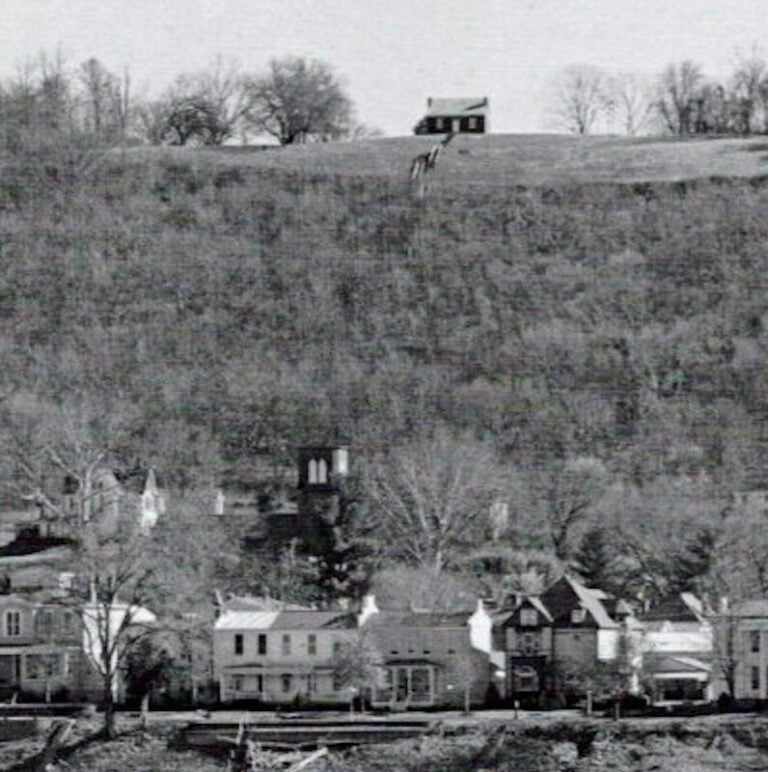By Howard Whiteman
Murray State University
‘How dare you!’ You know you’ve done something wrong when someone tosses those words at you. Hopefully it is sarcasm, but when it’s not, you know that something major is amiss.
We all need to look in the mirror and say that phrase to ourselves. We are all complicit, we are all guilty. We have helped create climate change and all the catastrophic effects that it has caused, from increased sea levels to violent storms, and from wildfires to declines of species.
We all burn fossil fuels, for our vehicles, our electricity, and for the production of the everyday things we overconsume, from food to, well, name the product. It all takes fossil fuels to make it.
That’s not because we have to, it’s because we are stuck in a rut. We’ve always used fossil fuels and it’s gotten us this far, increasing the quality of life for many. Given that information, it makes sense that many of us believe that we just need to burn more to make things better. That’s how it works, right?

But that is not how it works, and it has never worked that way. Even before the time when our understanding of climate change was solidified — Dr James Hansen from NASA warned Congress about it way back in 1988 – we already knew very well how much the use of fossil fuels was polluting our planet, from black lung in coal miners to smog in our cities and oil spills ruining our beaches.
Given all these issues, fossil fuels were never a great way to create energy. They were just a great way for corporations to make money. Those corporations have worked long and hard to influence politicians on both sides of the aisle, which is why our transition to renewable energy sources has been so slow and, in some administrations, almost nonexistent, even mocked. The recent decision by the EPA to gut its own greenhouse gas rules in the face of overwhelming science is the most recent example of political expediency leading us over a cliff, with short-term profits outweighing our current climate tragedy.
One of the worst consequences of our actions is that the developed nations that use the most fossil fuels —- the U.S., China, and Canada — are not only causing all this climate havoc, but we are affecting millions of people who don’t have cars, who don’t use electricity, and aren’t responsible at all for the environmental pickle we are in. That may seem fantastic to you, with your personal vehicle, cell phone, and central heating and air, but it’s true: billions of people live with a whole lot less than Americans.
Take the people of Peru who live in the Andes, the highest mountain chain in the western hemisphere. They depend on meltwater from glaciers for drinking, cooking, and food production, and live in small villages, sometime nomadically following their flocks through the mountains.
Climate change is melting the glaciers, so they no longer have a reliable source of water. We are literally drying up their environment, affecting millions of people. Similar effects are happening in Nepal with the Himalayas. When these people learn what is happening, that these things are due to the burning of fossil fuels by rich countries, they rightly curse us. How dare we?
Our use and misuse of fossil fuels affects the lives of others on the planet that don’t have cars, don’t burn coal for electricity, and aren’t responsible for one iota of global carbon dioxide pollution. Some of them are humans, like the Peruvians and Nepalese, while others are the animals, plants, and other organisms that share the planet with us. None of them are complicit, and none of them are responsible. How dare we.
We don’t have to keep living this way. Renewable energy has improved in multiple ways over the last few decades. We have the technology and know how to make the transition happen. Look at the growth of solar energy, windmills, and electric cars, and realize that we could expand that even more. What we currently lack is the political will and leadership to take us there.
Are there issues with each of these technologies? Of course. But those issues our small in comparison to what we are doing to our planet, and our neighbors, every day, as we burn more fossil fuels.
We put humans on the moon in the 1960s and 70s, regularly, using a computer that was much less powerful than your smart phone. Think about that and let that sink in. We made it happen because we had a leader — John F. Kennedy — that had a vision, and put his political back into it until it happened. Our competition with the former Soviet Union certainly helped fuel that fire.
Can you imagine the same competition for renewable development with China? Can we not realize, as a country, that renewables are a functionally infinite energy source, and the sooner we switch, the more money we will save and the fewer wars over oil we will be in? That our climate will be improved? That we will never again have to worry about pipelines, oil spills, black lung, and other issues associated with fossil fuels? That we will stop ruining the lives of our global neighbors, some of which, like those that live in the Andes, have not contributed to climate change at all?
Ah, but the money. The companies won’t make money anymore on oil, as the profit selling oil is a lot greater than selling renewables, and that means the politicians won’t fill their pockets either. Which is why we need citizens and leaders whose value system is driven by what is best for America and the planet—including our Peruvian and Nepalese neighbors, and the other humans, animals, and plants we share the planet with, and not on short term profits or the next election cycle.
We can all make a difference, not only by embracing renewables when we can but also by electing leaders who will actually lead, rather than follow the money. Perhaps one of you is that leader, and if so, I hope you will put your hat in the ring. If not, ask your representatives, today, what they are doing to solve the climate crisis, or perhaps just ask if they understand it. If they don’t, teach them; and if they won’t learn, help to vote them out of office.
We have to do something, and start now. If we continue to stand aside and let this happen, to us and our global neighbors, the world will keep burning, and people will continue to suffer, all because of our actions.
How dare we?
Dr. Howard Whiteman is the Commonwealth endowed chair of environmental studies and professor in the Department of Biological Sciences at Murray State University.







